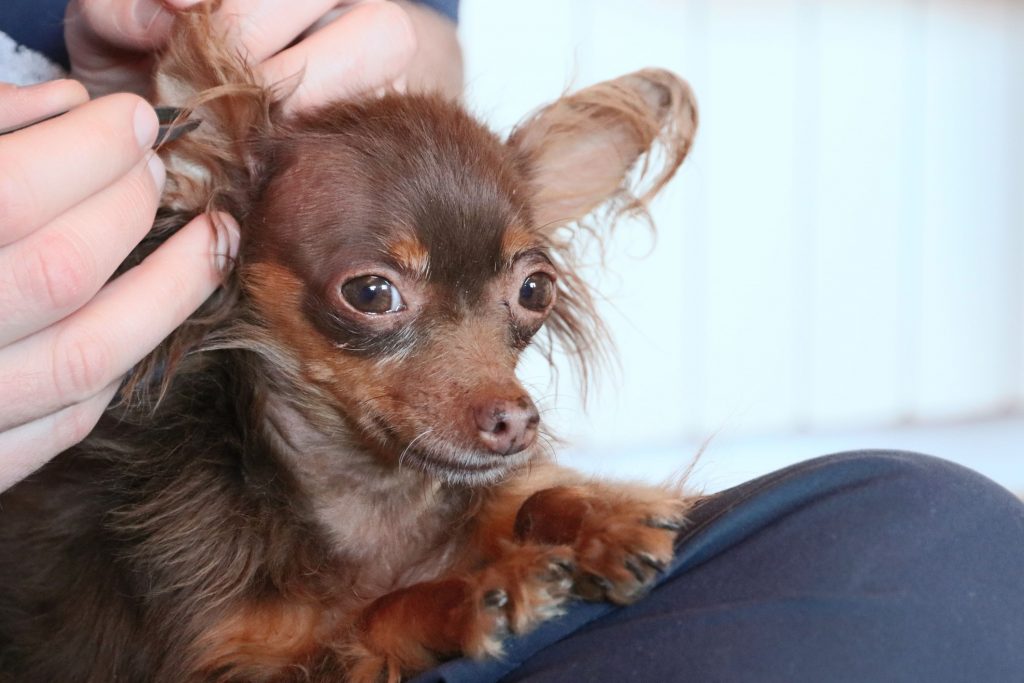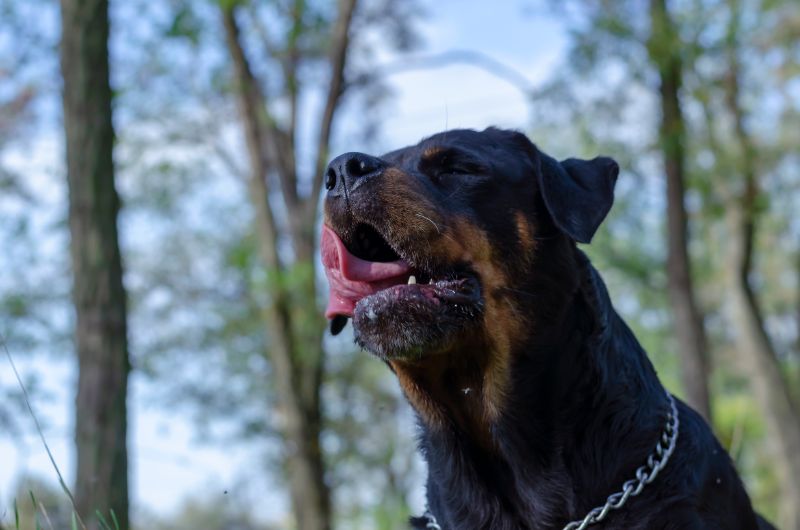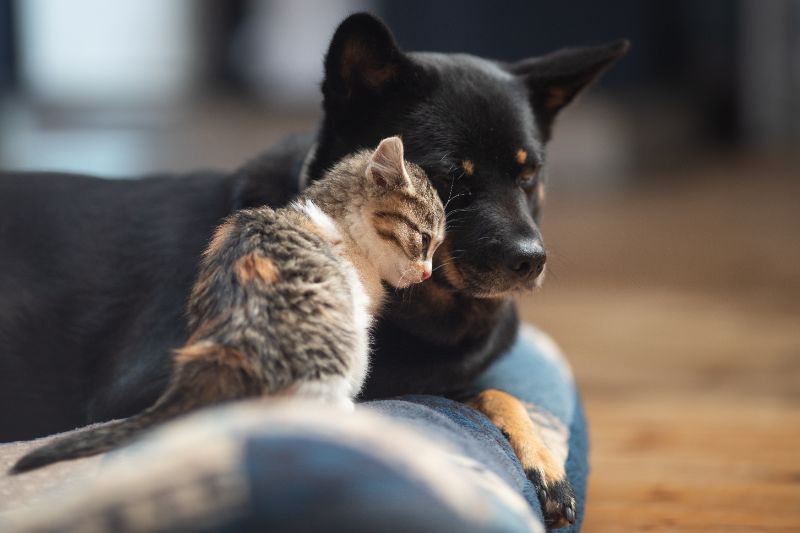Knoxville TN Animal Clinic, Knoxville Veterinarian
Pancreatitis in Pets: Signs and Symptoms
Thanksgiving day is almost here. We loosen our belts and prepare to feast with all our favorite dishes on the table. While catching up with family and friends, it can be easy to forget your pets are nearby hoping for some scraps. There are a lot of Thanksgiving foods that can mean health problems for your pets, however.
Continue…Why Is My Dog Drooling?
Drooling is just a fact of life as a dog owner. Whether it comes in the form of slobbery kisses or drooling before mealtime, this behavior is a natural part of a dog’s digestive process. However, at certain times, you may notice your dog is drooling more than their normal share or slobber. You may be asking yourself, why is my dog drooling? And is this normal?
The team at Volunteer Veterinary Hospital is here to help you learn what is typical when it comes to your dog’s drool, and when it may be a symptom of something else.
Continue…Your Green Thumbs Doesn’t Mean No Paws: Tips for Pet-Safe Gardening
The love of plants and the love of animals often go hand-in-hand. Many plants, however, are toxic to pets and the avid gardener must always have this in the back of their mind. Volunteer Veterinary Hospital knows, though, that plants and pets can coexist harmoniously. Read on to learn how to be sure that your gardening is pet-safe gardening.
Continue…Allergies in Dogs (and 10 Things You Can Do at Home to Help)
Allergy season in Tennessee is upon us, whether you be human or canine. Allergies in dogs tend to manifest a little differently than they do in us, however. While people suffer from stuffy noses, sinus pressure, and itchy eyes, our pets tend to deal more with itchy, inflamed skin.
Continue…Does My Pet Have an External Parasite?
When you adopt a pet into your family, you generally are up for whatever comes along with taking care of your new ward. Most people, though, didn’t sign up to take care of any hitchhikers that might come along with their furry family members. Luckily, Volunteer Veterinary Hospital has you covered when it comes to identification, treatment, and prevention of the dreaded external parasite in pets.
Continue…Traveling with Your Pet Safely
A change in seasons means new possibilities for traveling and vacationing with your family. Whether your travels are by air or by car, you want to keep safety as your top priority. This is especially important if you are traveling with your pets! The team at Volunteer Veterinary Hospital has put together the essential safety tips for traveling with your pets:
Continue…How to Do Your Part to Prevent Zoonotic Diseases in Pets
Zoonotic diseases have been a growing concern for both humans and animals. We have heard a lot recently about these diseases that are transmitted from wildlife to people and pets. There is currently much more of a spotlight on diseases, particularly viruses, that mutate and affect other species.
This is why the team at Volunteer Veterinary Hospital is here with some insight into how to protect everyone from these serious diseases.
Continue…The Buzz on Pollen Allergies in Dogs
If you notice your pet scratching a lot more than usual or biting at their paws and legs, chances are they have allergies. Spring is a beautiful time for budding trees and blooming plants, but it’s also the bane of most allergy sufferers. Your pet can also experience seasonal allergies, which can cause a variety of uncomfortable symptoms.
Volunteer Veterinary Hospital is here to explain more about pollen allergies in dogs and what you can do to relieve the itchy-scratchy for your pooch:
Continue…What the Heck Is a Reverse Sneeze?
Certain dog behaviors can vacillate between alarming and confounding, and it’s not always clear when dog owners need to act. Sometimes, behaviors are temporary and resolve quickly, like a sudden upset tummy after eating something questionable. Other events that affect dogs can be more worrisome, especially if symptoms persist.
A reverse sneeze, or paroxysmal respiration, is one such episode that can be equally frightening and confusing. But what exactly are we talking about?
Continue…One Big Happy: Introducing A New Pet to Your Family
There’s nothing like bringing a new pet into the fold to add love and excitement to your household. But the sudden adjustment of meeting new people and other pets can be stressful on a new pet, and that happy and sweet dog or cat you met in the shelter can turn into a different animal when confronted with a new situation.
Here are some of our top tips for introducing a new pet to your family.
Continue…










